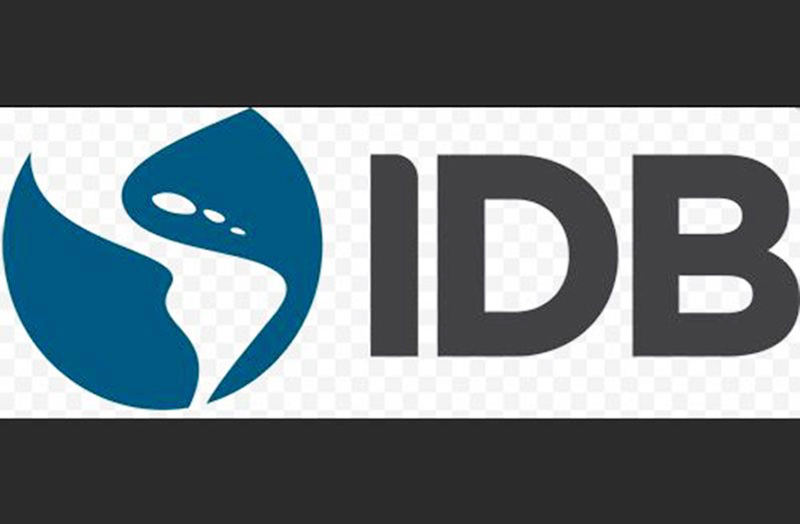SAN JOSE, (Reuters) – Costa Rica will receive more than US$400 million in funding for its national decarbonization plan, the Inter-American Development Bank (IDB) said in a statement yesterday.
The IDB, which is contributing a $250 million loan in ordinary capital, said the funding is key to making the country carbon neutral by 2050.
The funds will be used by Costa Rica “to set rates that make it possible to electrify transportation and use electrical energy for industrial, commercial, and residential purposes,” the IDB said in a statement.
The Korean government is contributing another $50 million, along with 100 million euros ($101.85 million) from the French Development Agency, the IDB added.
The funds follow a $230 million loan from the IDB in 2020, which Costa Rica used to establish non-tax incentives for electric vehicles, according to the development bank.
Costa Rica’s National Decarbonization Plan, presented in 2019 by then-President Carlos Alvarado, has not yet seen the full backing of his successor, Rodrigo Chaves, who took office in May.
Chaves has promised to alleviate the country’s debt, which reaches some 67% of Costa Rica’s gross domestic product (GDP).




